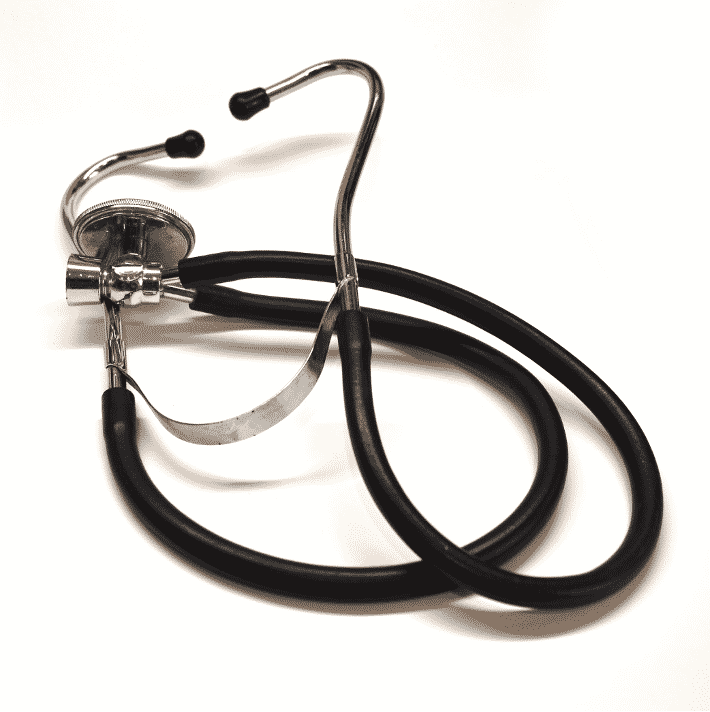Does Medicaid Cover Liposuction – Overview
Medicaid usually covers surgeries for life-threatening injuries or illnesses. These may include open-heart surgeries or surgeries to remove malignant cancerous tumors.
However, many people ask if Medicaid covers liposuction as it is mostly an elective cosmetic procedure. The answer is that it depends, as many such surgeries fall into a gray area.
Hence, it is highly advisable to consult with a representative from your Medicaid insurance carrier in such situations.
The approval to bear the cost by the insurance usually depends on three questions:
#1. Is the surgery medically necessary?
#2. Is surgery the least costly alternative?
#3. Does your state have special rules?
What is Liposuction
Liposuction is a surgical treatment that uses a suction technique to remove fat from certain body areas. This procedure is also known as lipoplasty or body contouring.
This includes removing fat from the hips, buttocks, abdomen, neck and arms.
This is a minimally invasive surgical procedure. It is often considered an aesthetic procedure but may be deemed medically necessary in some situations.
Liposuction also helps to contour (shape) these areas of the body to look healthier and more attractive.
However, this procedure is not usually recommended as a weight loss or alternative.
If you are overweight and want to lose weight, then dieting and exercising or bariatric procedures may be better alternatives for you.
If excessive body fat accumulates in one place, you may be considered a candidate for the liposuction procedure.
However, you should be committed to taking aftercare precautions to ensure optimal successful results from liposuction.
Does Medicaid Pay for Liposuction

Medicaid generally does not cover liposuction when it is performed solely for cosmetic purposes. Liposuction is considered a cosmetic procedure and is not covered by Medicaid except in extremely rare cases when it is deemed medically necessary to treat an underlying health condition. (source)
Even if your body shape does not improve after dieting and exercise, it may not be considered medically necessary.
How to Get Coverage for Liposuction
Medicaid may cover procedures that are similar to liposuction if they are deemed medically necessary for treating specific medical conditions, but this is rare and specific to conditions that significantly impact health, not for cosmetic reasons.
This is usually when you undergo liposuction to treat an underlying medical condition. Some of these situations include getting treatment for:
#1. Lipomas – These are benign fatty tumors that need to be removed using liposuction.
#2. Gynecomastia – Liposuction can efficiently remove the extra fat from around the chest area.
#3. Lipodystrophy (or lipedema) – These conditions cause abnormal distribution of adipose tissue (selective loss or excessive accumulation of fat). Medicaid may cover liposuction in such cases if medically necessary (Massachusetts, for example, mandates coverage for HIV-associated lipodystrophy treatments.
#4. Axillary hyperhidrosis – This condition causes excessive sweating in the armpits.
Your doctor will have to prove that you must undergo the procedure to correct one of the abovementioned conditions.
Then Medicaid may cover the cost of liposuction surgery by considering it medically necessary.
Alternatively, Medicaid may cover certain procedures related to weight loss surgery (such as a medically necessary panniculectomy after bariatric surgery) under strict criteria, but not liposuction itself. (source)
Medicaid does not cover liposuction for weight loss purposes. Weight loss procedures covered by Medicaid are typically medically supervised diet programs, bariatric surgery under specific conditions, and other treatments directly related to obesity, but not liposuction for the purpose of weight loss.
Eligibility
#1. Being older than 15 (male) and 13 (female)
#2. Having a BMI (body mass index) of over 35 with at least one comorbidity
#3. Being under 21 years and having a BMI over 40 with at least one comorbidity
#4. Bearing a letter from your primary physician advising that weight loss surgery is medically necessary
#5. Passing a psychological examination
#6. Presenting documents to prove that you attempted to treat comorbidities using conventional treatments but with no acceptable results
#7. Presenting documents to prove that you participated in a medically supervised weight loss program for 6 months, within 12 months of the surgery
#8. Being ready to make changes to diet and lifestyle after weight loss surgery
#9. The physician is ready to offer nutritional and psychological services before and after the weight loss surgery
Medicare also provides limited coverage. Visit CMS for more information.
Conclusion
Just like Medicare, Medicaid does not cover the cost of cosmetic procedures. This includes body contouring procedures involving liposuction.
However, if you can prove that the liposuction procedure is part of a larger medically necessary treatment program, you may qualify for Medicaid coverage.
To enjoy Medicaid benefits, consult your physician and local Medicaid representative before applying for insurance coverage.
See Also
Does Medicare Cover Liposuction